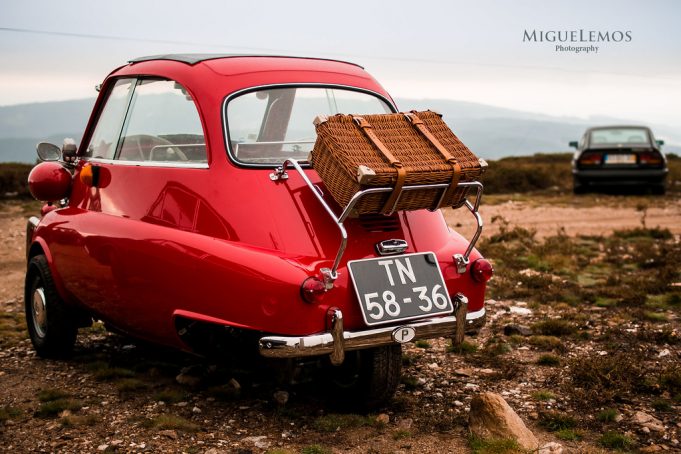
What Do You Ship In Shipping Containers?
Let us introduce shipping containers first. Shipping containers are standard sized boxes in which you ship merchandise. These are not small boxes for packing a pair of shoes. Standard shipping containers typically come in 8 feet by 8.5 (or 9.5) feet cross-sections, 20 or 40 or 45 feet long. So they compare best with log cabins than shoeboxes. (In fact, a popular use for empty shipping containers is to convert them into houses.)
Shipping containers transformed the logistics scenario and led to a huge expansion in world trade. You pack your merchandise into shipping containers at the factory, load it into a standard container truck that goes to the nearest railroad station or sea port where the containers are transferred by specialized container handling equipment into a railcar or ocean going ship.
The railcar then travels thousands of miles to a distant city or the nearest seaport. The custom built container ships are designed to accept containers on their open deck, and accommodate a large number of shipping containers without wasting storage space. (Containers stored thus can occasionally tumble down into the sea during a storm while the ship is at sea.)
Merchandise Shipped in Containers
You pack your merchandise packages, say, cartons with shoe boxes inside, into these containers. The merchandise packages are designed to occupy the space inside the shipping containers without wasting any space. You seal the container door securely.
The container typically travels unopened till it reaches its destination. It might get transferred to trucks, railcars, ships or even aircraft during this travel. At the destination seaport or airport, it gets transferred again into railcars or trucks for transport to the destination city.
So what do you transport in containers? Almost everything is the short answer. Most consumer goods are transported in containers from manufacturing factories to the distributor warehouses. Heavy machinery is transported in containers up to the customer site. There are custom built containers to accommodate different kinds of merchandise. A look at these customizations will give some idea of the variety of merchandise that travel in containers.
- DRY VAN containers are designed to accommodate such items cartons, jute bags, bales, pallets and drums
- REEFER containers are temperature controlled in the range of minus 25 degrees centigrade to plus 25 degrees centigrade
- OPEN TOP special bulk containers are for bulk materials and heavy machinery
- OPEN SIDE containers can accommodate large sized pallets
- VENTILATED containers carry organic produce that need to be ventilated during transit
- TANK containers carry bulk liquids
- ROLLING FLOOR containers allow difficult-to-handle cargo to be rolled in and out
- HANGAR BEAM FITTED containers accommodate garments on hangars without further packing
Shipping Container Legalities
Containers need Convention for Safe Containers (CSC) certification (authorized by International Maritime Organization) to prove their “continued safe handling and transportability in the commercial intermodal transport environment”. The inspections need to be carried out periodically.
Merchandise in export trade also needs customs inspection and certification before shipment.









